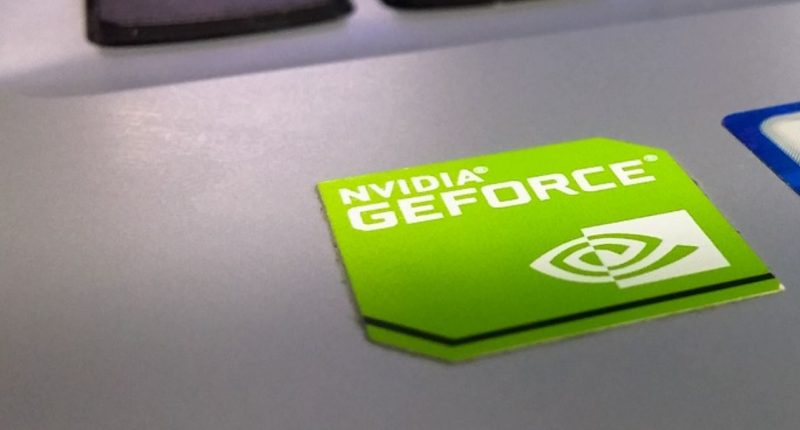Nvidia is already the biggest chip manufacturer in the world, thanks to its exceptional GPUs which redefine gaming every year. However, if there’s one area where Nvidia has struggled, it’s CPUs. Thus, to burn that bridge as well, the company has announced that it will be acquiring British chipmaker ARM in a deal worth $40 billion.
SoftBank Group Corp. had bought ARM in 2016 for $32 billion, at a time when Nvidia was valued at about $30 billion. Over these few years, the company has managed to transform into a hub of innovation, and is now the most valuable chip manufacturer in the world, valued at about $300 billion.
The deal involves Nvidia paying $21.5 billion in stocks and $12 billion in cash to SoftBank, following an initial $2 billion upfront cash payment at signing. Furthermore, if ARM’s performance achieves its targets, SoftBank will receive another $5 billion in cash or stocks. ARM’s employees, which currently count up to 6,000, will receive $1.5 billion in stocks for compensation.
Jensen Huan, in an interview with Bloomberg said, “It’s a company with a reach that’s just unlike any company in the history of technology. We’re uniting Nvidia’s leading AI computing with Arm’s vast ecosystem. Nvidia is spending a lot of money for the acquisition and has no incentive to do anything that would cause clients to walk away.”
Once you have a look at ARM’s portfolio, Huan’s argument makes a lot of sense. The Softbank owned company has partnered with some of the biggest tech companies in the world, including Microsoft, Samsung and Apple, to help design processors. Since the SoftBank acquisition, it has worked with Microsoft to develop an ARM-based Surface, and the next line of Apple Macbooks are said to be powered by ARM-based chips. ARM also designs GPUs for its soon-to-be new owner Nvidia.
Thus, with its path breaking line of GPUs, and a company that has now almost substituted Intel when it comes to CPUs, Nvidia is set to break the world of computing.
The deal focuses on continuing Arm’s head presence in Cambridge, UK, and will build a new Artificial Intelligence research center there to expand its headquarters. Both the entities look forward to developing in the area of AI computing through this merger. The merger might also come across some regulatory scrutiny as Brexit allows very little room for company mergers.
Moreover, a deal like this won’t come without its fair share of antitrust allegations.
Nonetheless, acquiring Arm will fulfill Nvidia’s long-drawn ambitions to play in the CPU making industry, which it failed at. Huang told Forbes, “What will change is the rate of our roadmap. We know for sure that data centers and clouds are clamoring for the Arm microprocessor, the Arm CPU”.
The Tech Portal is published by Blue Box Media Private Limited. Our investors have no influence over our reporting. Read our full Ownership and Funding Disclosure →






